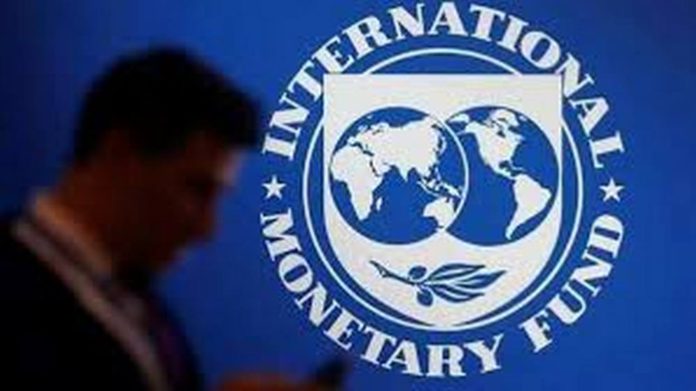The International Monetary Fund has reiterated its optimism that the Official Creditor Committee, and the Ghanaian government will find an agreement soon on the external debt restructuring.
More than half of the country’s $52.3 billion debt are owned by external creditors including Eurobond holders and some banks, and therefore a significant ‘haircut’ is crucial to its quest to cut debt significantly.
Speaking at a press conference, Julie Kozack, Director of Communications at the IMF said it is good for the government to finalise the restructuring of its domestic debt.
UK-based Fitch Solutions and the Economist Intelligence Unit (EIU) believe the country will reach an agreement with the Official Creditor Committee by the end of the year, paving way for the commencement of the external debt restructuring.
“The next steps on debt restructuring are for the Official Creditor Committee to agree with the authorities on the specific modalities of debt relief and for the authorities to continue to engage with their external private creditors for relief on their external debt. These discussions are ongoing, and we hope that the OCC, the Official Creditor Committee, and the Ghanaian authorities will find an agreement soon. The government has recently finalized the restructuring of its domestic debt”, Julie Kozack said.
Madam Kozack added that an IMF Mission is currently in Accra, Ghana, to assess performance and discuss policies for the first review of the program, with a view to presenting the review to the Executive Board in November 2023.
Ghana’s programme has three objectives that are restoring macroeconomic stability, ensuring debt sustainability, and laying the foundations for higher and more inclusive growth.
The programme includes wide ranging reforms to build resilience while protecting the most vulnerable.
Africa is still undergoing big funding squeeze
On sub–Saharan Africa as a region, Julie Kozack said the Fund will be releasing its regional economic outlook in the coming weeks.
“We will be releasing that outlook and that will contain detailed information on the region. I think it’s fair to say that the region is still undergoing what we called in April [2023] the big funding squeeze. The region has been very much affected by the succession of shocks, the pandemic, the cost of living crisis, food insecurity. And in addition, the region has been affected, of course, by tightening global financial conditions, and that has led to what we’re calling the funding squeeze”.
“All of that has happened in a situation where the region is facing also, in some countries, high debt. So the challenges, of course, are very significant in Africa. But I would be remiss if I don’t also mention the opportunities in the sense that Africa is a continent with a youthful population, which presents tremendous opportunities for the region as well”.

